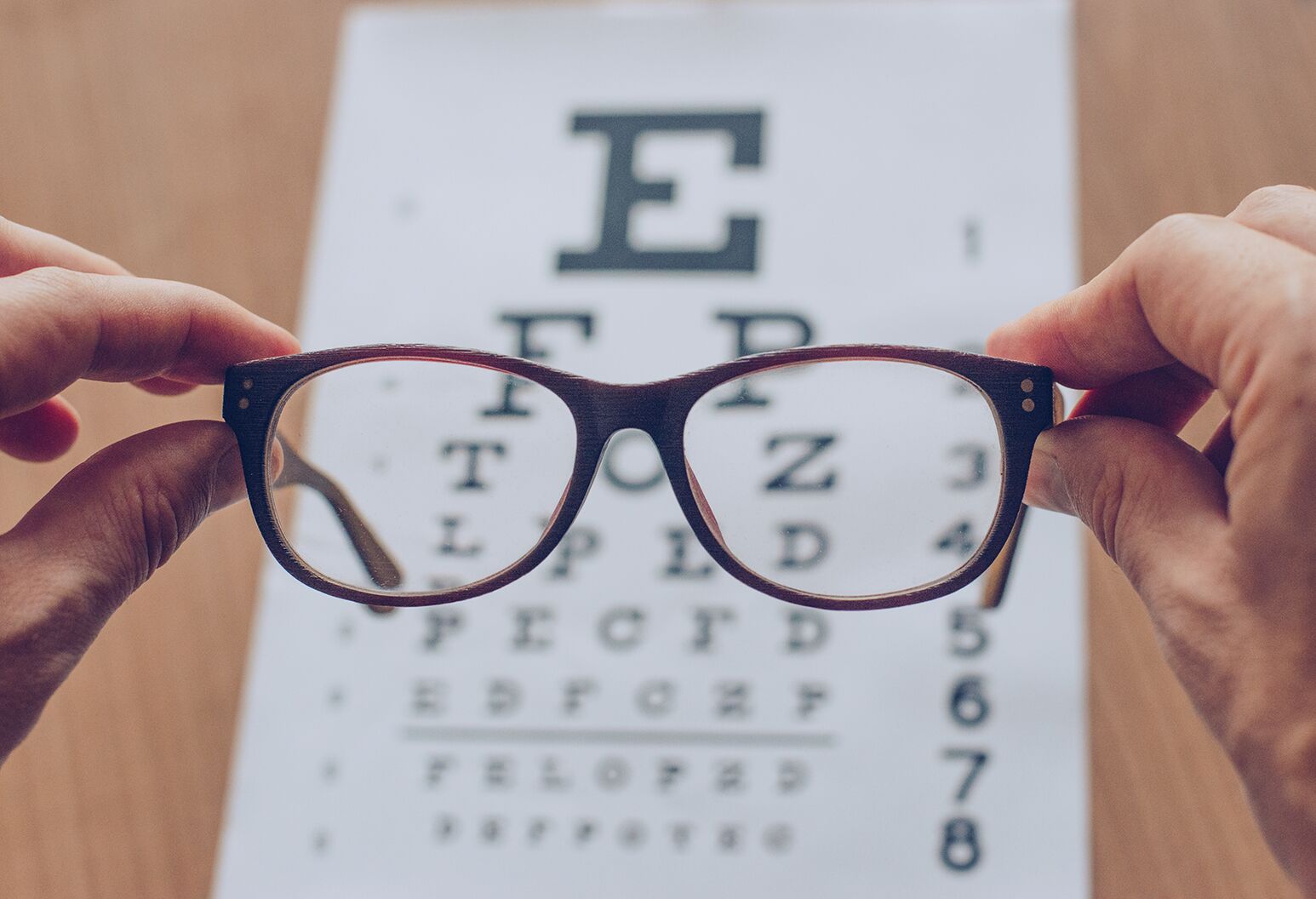
You try to read your screen, but the words blur without warning.
Your eyes used to adjust quickly. You’d glance at your phone, a book, a sign in the distance—no issue. But now, it’s like the focus slips for a second too long. You rub your eyes. Blink harder. Still blurry. You move the paper farther, then closer. It doesn’t help much. Eventually, your brain works harder than your eyes. That’s not sustainable.
You realize you’re leaning in—or back—more than you used to.
During a meeting, you lean forward to read the slide. Or during dinner, you push your plate slightly away to see better. It’s not that you’re being picky. It’s your body adjusting for your eyes. Subtle compensations start to show up daily. Neck pain. Tension. Mild headaches. All from avoiding one simple truth: your vision isn’t doing its job alone anymore.
Your eyes get tired faster, even after short tasks.
You used to scroll social media for hours. Watch a film. Read ten chapters in a row. Now, 20 minutes feels like a strain. Your eyes feel dry, almost heavy. Blinking doesn’t refresh them. Breaks help a little, but not enough. These are not signs of laziness or screen fatigue alone. It could be uncorrected vision working overtime, quietly begging for help.
You notice light sensitivity more than before.
Bright screens in dark rooms. Sunlight through a window. Car headlights at night. They feel sharper, more intense. Your eyes squint instinctively, but it’s more than discomfort—it lingers. The contrast hits differently. You may have always assumed glasses were about clarity. But sometimes, they’re also about protection. From strain. From glare. From the world’s brightness turned too loud.
You get headaches that seem to follow your eyes, not your schedule.
Morning is fine. Afternoon creeps in with pressure near your temples. By evening, your head feels like it’s carrying more than just thoughts. The pattern repeats. It matches reading, driving, working. Your vision may still feel “okay.” But your brain compensates in ways your eyes can’t sustain forever. Prescription glasses aren’t just about seeing better. They’re about easing the rest of you, too.
You find yourself blinking or rubbing your eyes just to refocus.
You finish a paragraph and blink hard before starting the next. It’s almost unconscious. A gesture, a reflex. But it’s consistent. Your body’s way of saying “I need help to reset.” Dryness isn’t always about air quality. Sometimes it’s a sign of overwork. Vision that’s always catching up falls behind. Glasses slow it down—on purpose.
You avoid driving at night—or feel less confident when you do.
The roads feel darker. Lights feel harsher. You second-guess distances. Street signs blur at the edges. Night driving requires precision—depth, distance, speed. If your eyes hesitate, you hesitate. That hesitation creates stress. Glasses with anti-reflective coatings aren’t just upgrades. For some, they’re the difference between driving freely or with fear.
You start losing track of details you didn’t before.
Names on storefronts. Labels at the grocery store. Instructions in small print. You zoom in more often on your phone. You misread menus. The world becomes slightly less crisp, and slightly more frustrating. You compensate with memory, guessing, and hope. But life’s details weren’t meant to be guessed. They were meant to be seen. Clearly.
You pass vision tests—but still don’t feel “right.”
Sometimes you get the all-clear. No prescription needed. But your eyes still feel tired. Still dry. Still distracted. Some needs are functional, not clinical. A mild prescription can change how your body feels at 5 p.m. Glasses aren’t only about legal limits. They’re about comfort in your daily rhythm.
You’ve never had glasses before, and something in you says it’s time.
You’ve resisted for years. You think you’re fine. You adapt. But deep down, you know. You borrow someone’s reading glasses and things suddenly click. You sit in someone else’s car and realize you’re squinting. Vision changes slowly. So slowly, you forget what “normal” once felt like. That’s how glasses surprise you—not by adding something new, but by returning what quietly faded.
